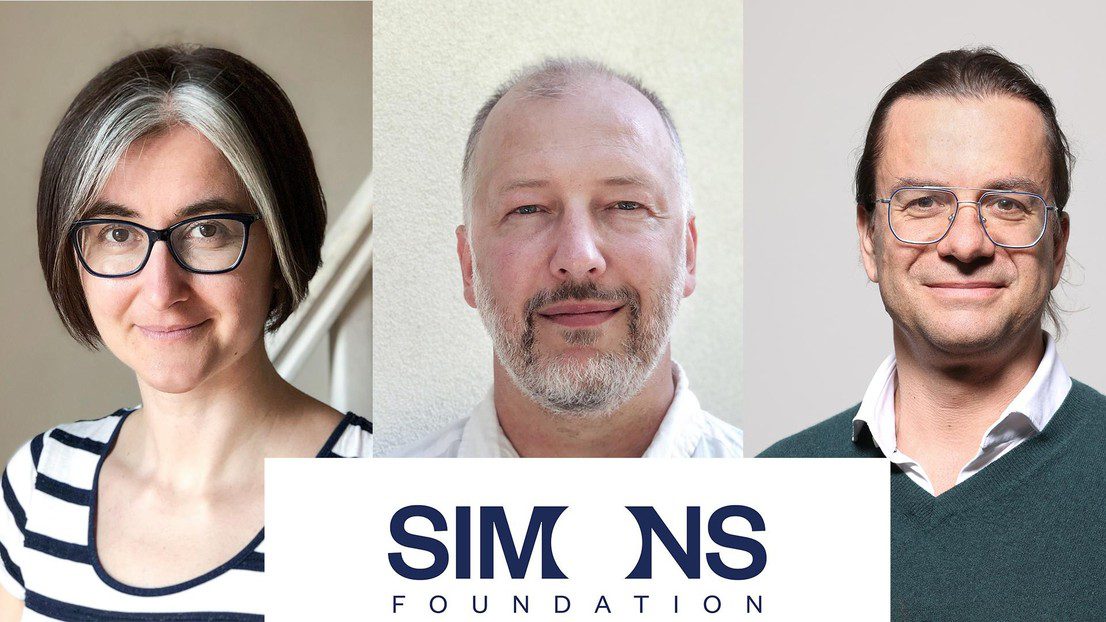EPFL professors Lenka Zdeborová, Florent Krzakala, and Matthieu Wyart are taking part in a major new international collaboration to uncover the fundamental principles behind artificial intelligence, thanks to a prestigious grant from the Simons Foundation. The project to unlock the scientific foundations of machine learning and help guide the future of AI.

The Simons Foundation is a New York–based philanthropic organization founded in 1994 by mathematician and philanthropist Jim Simons and Marilyn Simons. Described as “a champion of basic science through grant funding, support for research and public engagement,” Simons is known for funding some of the most competitive and community-shaping awards in these fields.
The Simons Foundation has now launched a new round of its high-profile Simons Collaborations program. This year it has included a new, multi-million-dollar grant to establish the Simons Collaboration on the Physics of Learning and Neural Computation. The project is set to begin in September 2025 and will run for four years.
The interdisciplinary project includes 17 principal investigators across North America, Europe, and Asia. It aims to develop a unified scientific understanding of how artificial intelligence systems learn, reason, and create. The collaboration will apply methods from physics, mathematics, computer science, and neuroscience to break open the “black box” of AI, revealing the mechanisms that drive deep learning and generative models.
Among the 17 research leaders are EPFL Professors Lenka Zdeborová, Florent Krzakala, and Matthieu Wyart. “Understanding AI is not only key to making it more efficient, but also to discovering the fundamental laws that govern the very emergence of intelligence,” says Zdeborová.
“Artificial intelligence tools have rapidly advanced over the last few years and entered our day-to-day lives, yet we still fundamentally don’t understand what they’re doing under the hood,” says Collaboration Director Surya Ganguli, an associate professor at Stanford University. “This collaboration will bring together researchers from across many disciplines to better uncover answers. We’re excited to get started.”
More information on the Simons Foundation’s Physics of Learning and Neural Computation
Author: Nik Papageorgiou
Source: Basic Sciences | SB